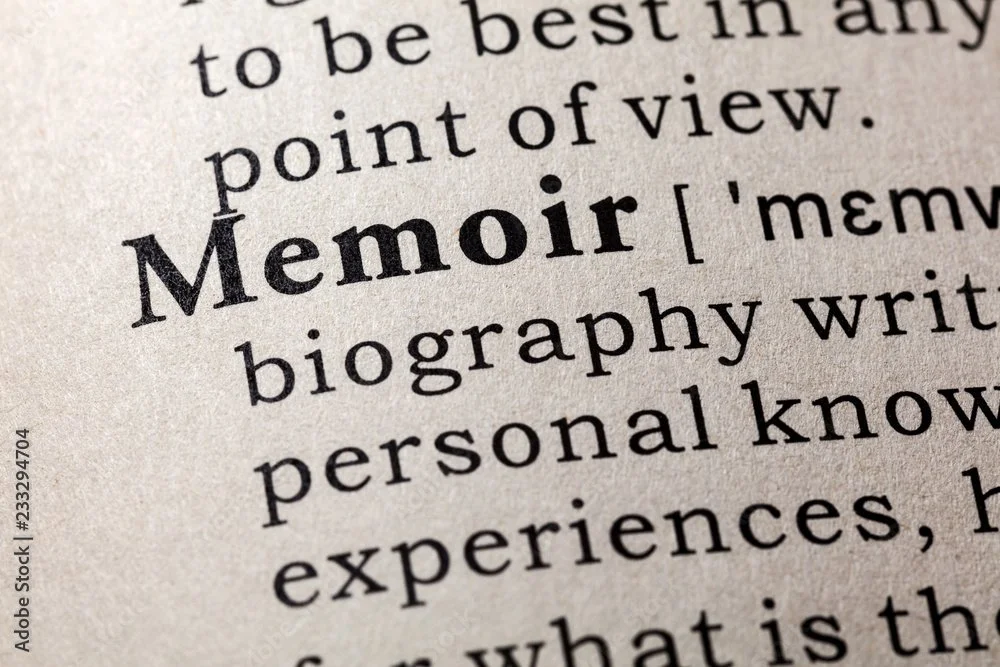I find it ironic that the first short story I published is creative non-fiction, because where I work, memoir is practically a four-letter word.
One of my advanced degrees is in Teaching English as a New Language [ENL]* and I have the privilege of working as a tutor at a local community college. I was hired to support a program for students who have not quite passed the English entrance exam, so they need additional supports to become college ready. A way that they do this is by writing memoirs and editing multiple drafts in order to polish and expand their work. They write five memoirs a semester of at least 1,000 words, edit at least four drafts each, and write an introductory reflection. Then it's only a matter of polishing the whole thing once more and binding it into a tidy book so they can intimately remember the blood, sweat, and tears shed over the semester.
If you're imagining them whimpering with their foreheads against a desk, you're not far off.
Since the beginning, I have been completely taken with the genius behind narrative writing as a way to help students learn English. By making the content personal it lowers the linguistic load and increases accessibility, while letting them focus on grammar and organization. For me though, it lets me see into the world of some of the most fascinating people I've ever met. They tell stories of rebellion, broken hearts, and broken countries. For a few short moments, I can become a young girl whose great act of rebellion is sneaking out to learn how to drive a car or play soccer with boys. I can attend weddings in Afghanistan, Yemen, and Iran. I can share in the pain of losing a beloved grandmother. And I can begin to understand, in a very limited way, what it's like to spend five years in the desert in a refugee camp, watching as friends are thrown across the border to their death as sacrifices to keep the war from reigniting.
My students do all this while telling me that their English is bad. I can never tell them enough how amazing they are.
It’s the end of the semester right now and our students are in the throes of polishing and reflecting, so they can put together their memoir books. I always used to flinch at the idea of writing creative non-fiction. But these amazing tales have helped me to see that memoirs have the power to bridge the gaps between our worlds, bringing us all together as humans.
This is the true power of story.
*In case you're wondering, ENL is the same subject as English as a Second Language [ESL] and English for Speakers of Other Languages [ESOL]. Like so many things, as time has passed those in the profession have tried to make the identifying alphabet soup more inclusive and less presumptive. After all, the idea that most of our students are learning English as their second language is, quite frankly, laughable. If the student is from Africa, for example, it is almost guaranteed they will already know at least 4, making them a polyglot. (Another aside: Americans often attribute the greatest language skills to those in Europe, which is very euro-centric of us. While Europeans are very impressive, Africans tend toward knowing not only more languages, but also languages from different linguistic branches, which is a monumental task in terms of required skills.)
